Although Nigeria is the one of the largest economies in sub-Saharan Africa, it must overcome significant development and governance challenges to fulfill its true potential. Per the United Nations, the country has one of the world’s lowest per capita social spending levels resulting in sixty-five percent of the 186 million citizens living in extreme poverty. These conditions breed disaffection in youth, provide an entry point for Islamic extremism, entice corruption, and promote ineffective governance. Northeast Nigeria has become one of the world's most complex humanitarian crises due to the Boko Haram insurgency and extremely low levels of development in the region. Additionally, acute insecurity, protracted displacement, loss of income, and lack of agricultural production as a result of the Boko Haram insurgency have left millions of people vulnerable.
To combat these many challenges, USAID seeks to grow stability through improved social services, transparent and responsive governance, a market-led economy, and humanitarian assistance. To address the worsening complex humanitarian crisis in the Northeast, we provide lifesaving humanitarian assistance, as well as development assistance to help ensure long term recovery in the region. Together, through partner organizations and with the Nigerian government, we focus on priority regions of the country to reach these goals. Our activities support the Government of Nigeria’s strategies and planning.





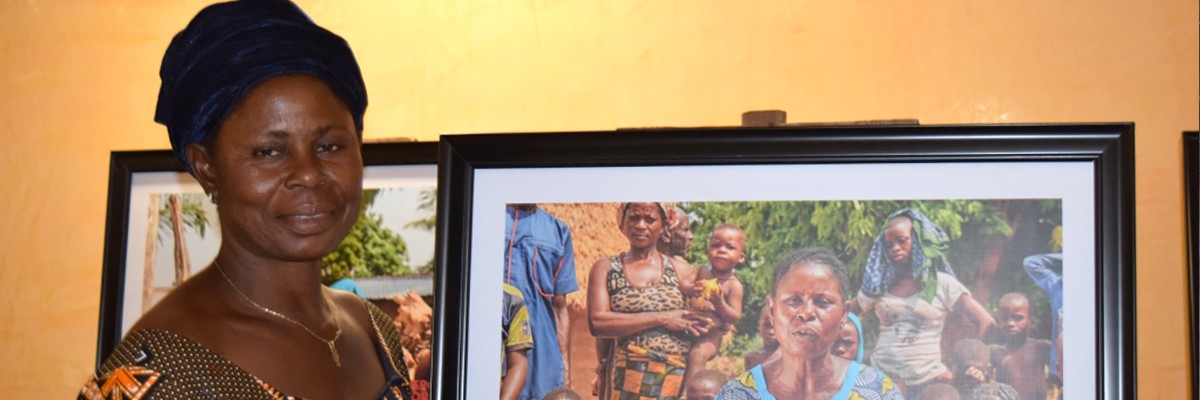



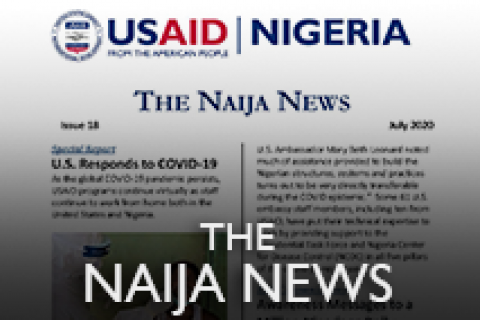
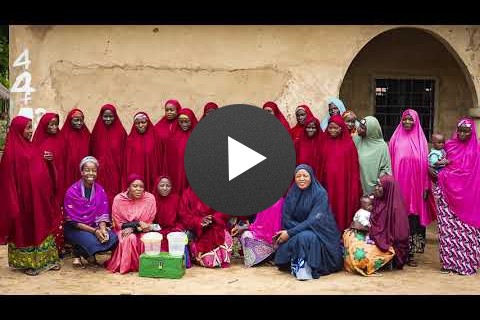
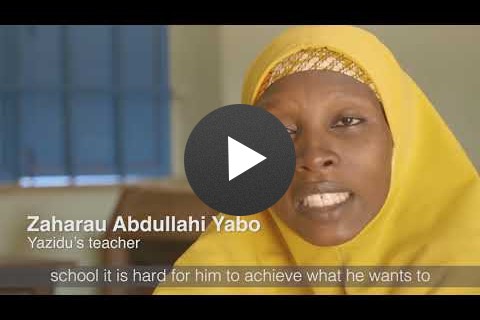
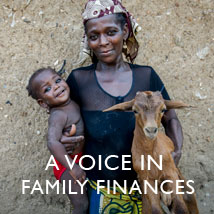
Comment
Make a general inquiry or suggest an improvement.